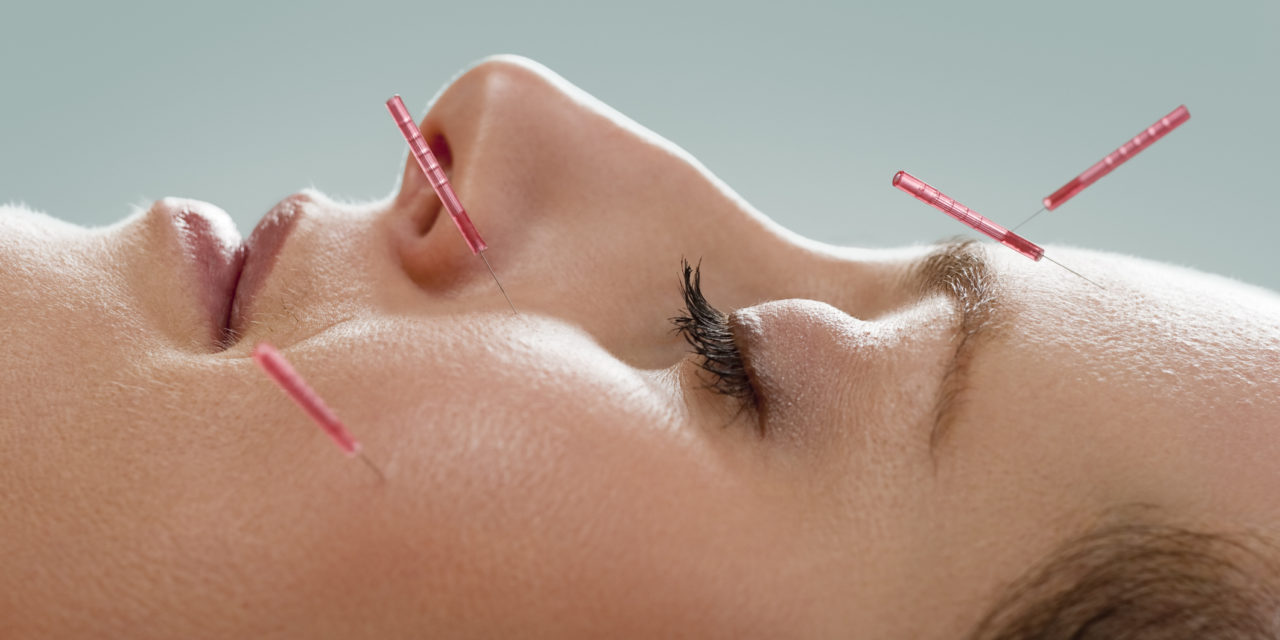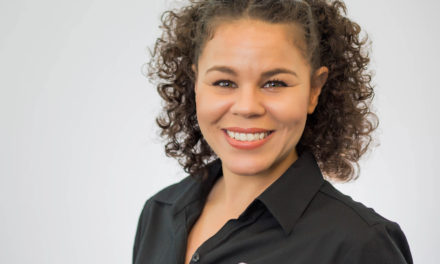Since we’re programed from early in life to fear and despise needles, acupuncture makes for a tough sell for a lot of us. But those willing to open their minds and bodies to the therapy are often pleasantly surprised by the experience itself and, certainly, the results. Many people know that acupuncture helps to relieve stress, but really, that’s just the tip of the needle. It promotes wellness, prevents illness, and treats a wide variety of conditions and disorders, explains Sally A. Mravcak, MD, a physician for the Capital Health Center for Women’s Health, in Hamilton, NJ.
“Acupuncture can shorten the course of a viral illness,” says Dr. Mravcak, who has practiced the ancient form of Chinese medicine for five years. “If you come in the first couple days when feeling symptoms, it will reduce the amount of time you’re sick.”
As a type of preventative medicine, acupuncture can be used in patients with bad seasonal allergies, for example. She would suggest that people come in right before allergy season starts for a treatment and then every month or so during the season. Patients can back off the sessions when their particular sniffle season winds down.
Dr. Mravcak has to catch her breath when describing the long list of medical ailments where acupuncture could be beneficial: back, knee, sinus, and neck pain; arthritis; headaches and migraines; depression; post-traumatic stress disorder (PTSD); post-operative pain; temporomandibular joint (TMJ) disorders; nausea due to cancer treatment; painful menstruation; respiratory disorders; fibromyalgia; insomnia; gastritis; constipation; diarrhea; spastic colon; acute injuries like sprains and muscle strains; and much more. It also can be used in overcoming drug and alcohol addiction and withdrawal symptoms as well as quitting smoking.
Acupuncture works by promoting the body’s natural healing process, describes Dr. Mravcak, who began studying acupuncture after it helped her mother with headaches and neck and back pain. However, the explanations vary on the exact mechanics.
The Western view is that by inserting these fine needles and applying heat or electrical simulation at certain points, acupuncture stimulates the body to release neurohormones like endorphins and serotonin, she says. These neurohormones relieve pain, reduce inflammation, and improve circulation and overall sense of well-being.
“With the classical Chinese teaching, health is related to the free movement of energy, or chi, throughout the body,” Dr. Mravcak says. “Energy channels called meridians run over and through your body. When there is a blockage in the energy flow, that’s when we see illness. Putting the needles in certain points unblocks the flow of energy and restores the chi.”
One common misconception about acupuncture is that people think they have to believe in the treatment for it to work, she says. “That’s not true. Acupuncture has been used in animals with success.”
In fact, a growing body of research shows acupuncture’s effectiveness. For instance, a recent study in chronic obstructive pulmonary disease (COPD) patients showed that when acupuncture was performed along with Western therapies (like medication via an inhaler), the combination reduced the amount of shortness of breath upon exertion.
Another popular misconception about acupuncture is that it’s painful, Dr. Mravcak notes. While everyone experiences the needling differently, most people only feel minimal pain when the needles are inserted. Once it’s in there, patients shouldn’t feel discomfort. “After treatment, patients should experience a deep sense of relaxation,” she says.









